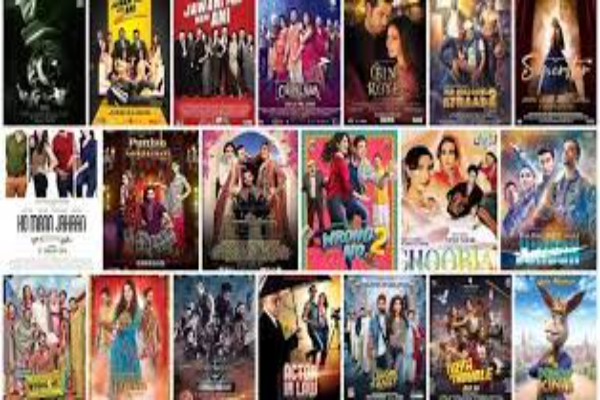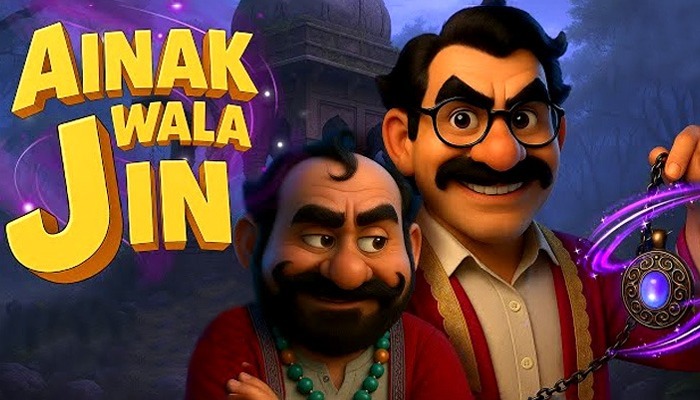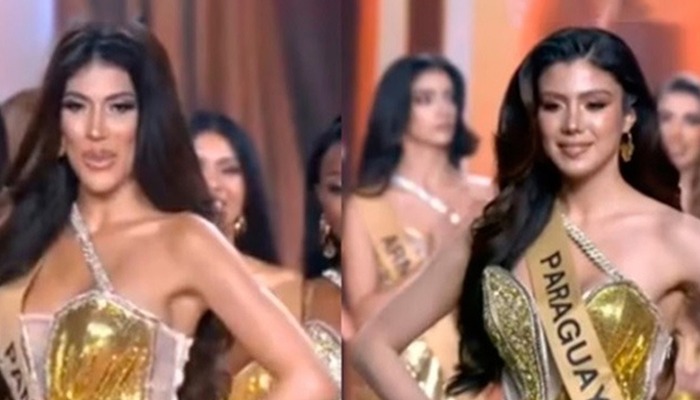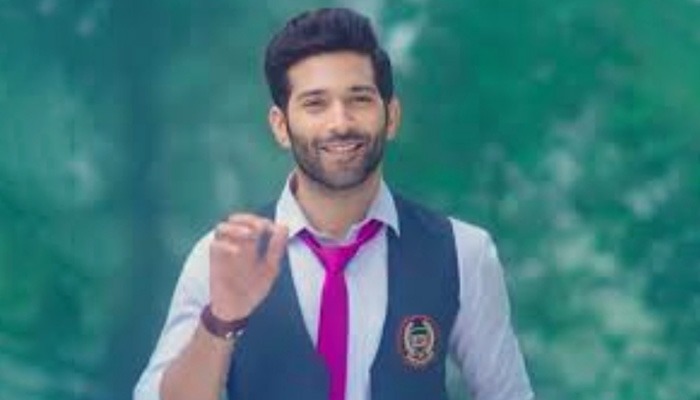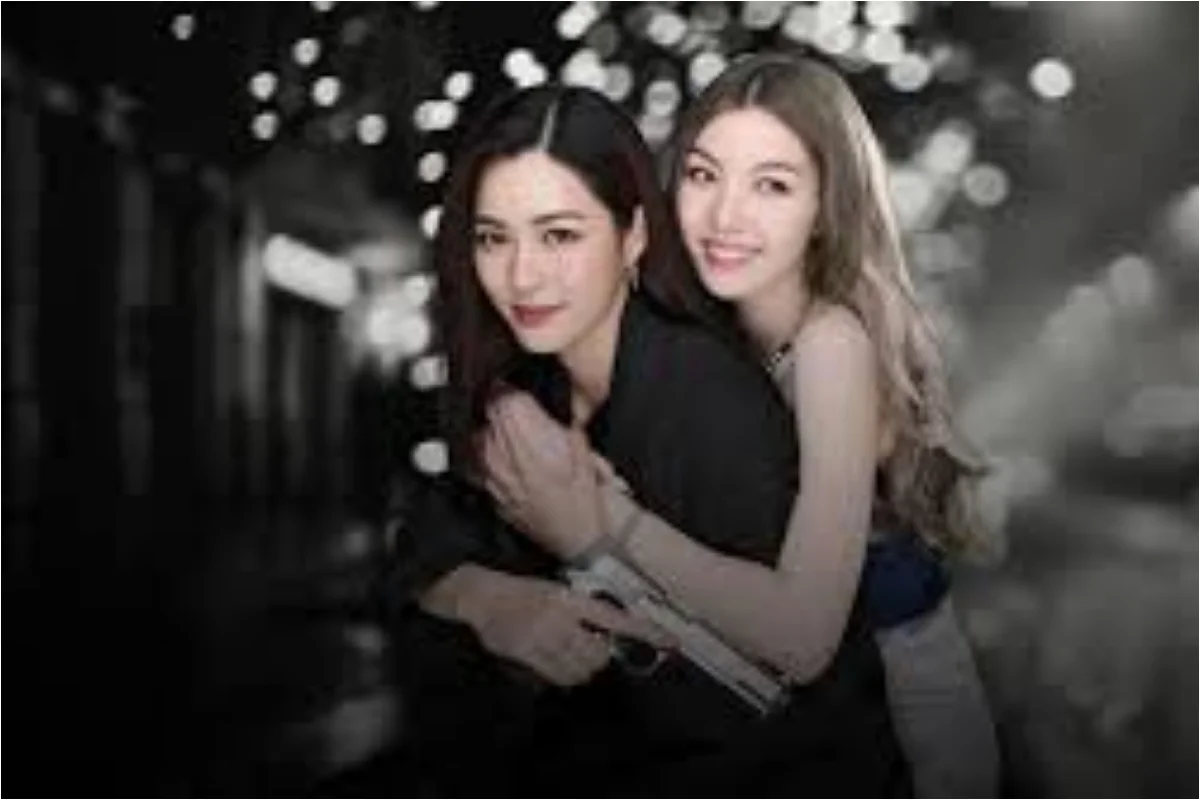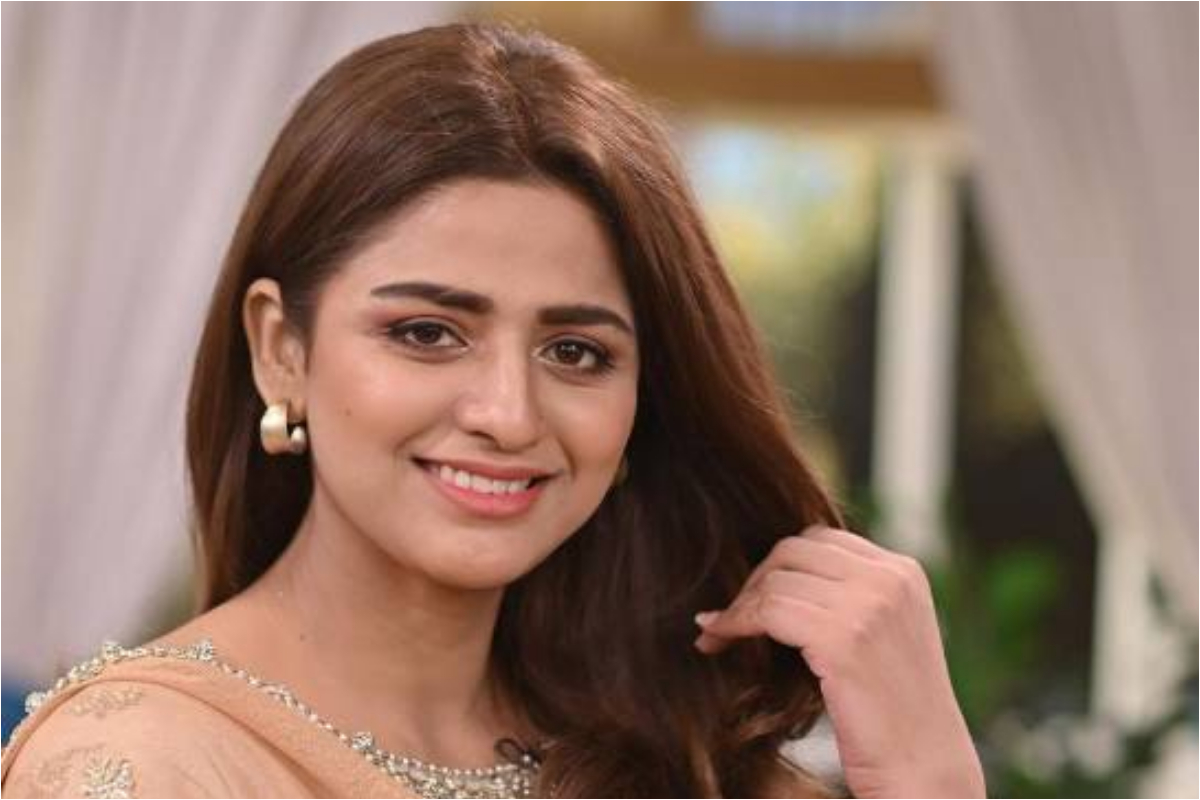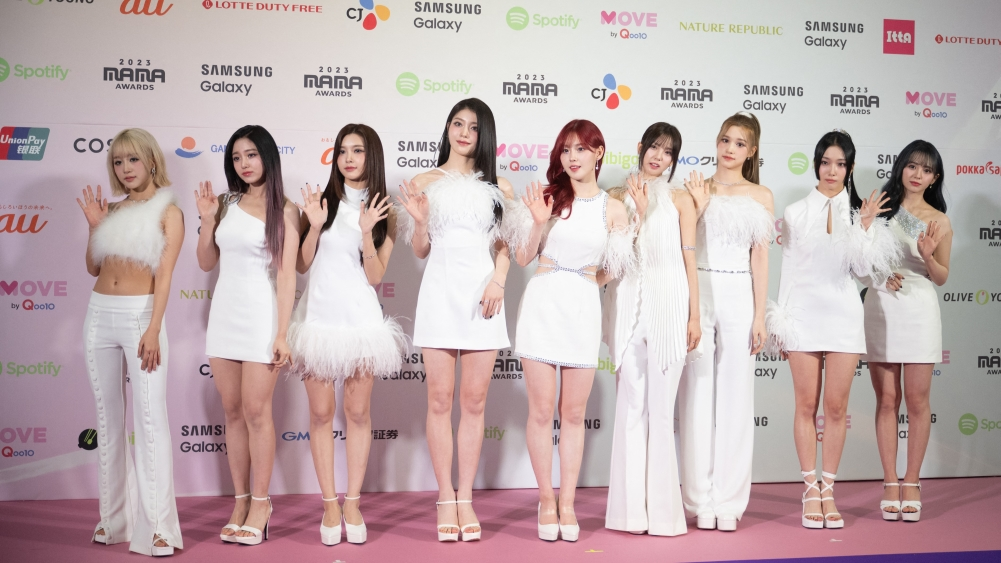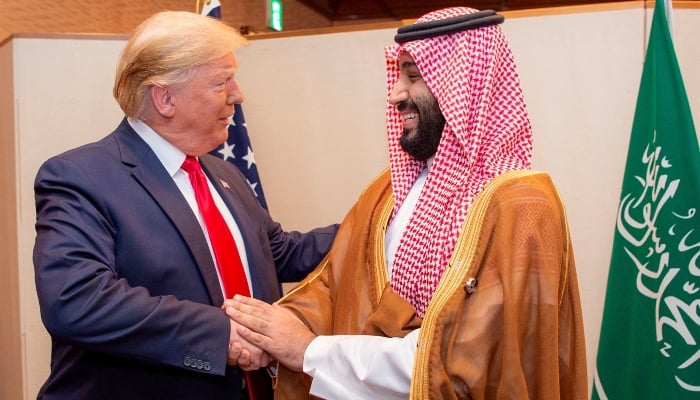The media serves as a conduit between the government and the general public. The fundamental tasks of the media, according to Harold Lasswell, are environmental observation, societal correlation, and transmission of social heritage. Experts in the media investigate the environment, interpret the indicators, and share their findings with the public. Information is not only disseminated through the media but is also construed for society. This correlation function aids in the comprehension of a message or event and is necessary for a society’s optimal functioning. Media also disseminates knowledge about society: through giving cultural orientations, media may teach citizens how to live, behave, and be socially responsible.
Read more: Entertainment through the eyes of the Queer community
Over the years, media in developed societies have broadened the horizons of their citizens by allowing them to see, hear and understand people and places they could not physically reach. This helped by creating an intellectual climate among the masses to rethink their future practices and expectations contributing to the development of society. Whereas what we see in the Pakistani entertainment industry is quite the opposite.

Pakistani society is diverse in terms of religion and culture, and it has its own set of values, customs, and traditions. Pakistan’s entertainment television networks broadcast dramas and morning shows with foreign programming that focus on the wealthy class’s lifestyle and standards including members of the corporate community, politicians, bureaucrats, and those involved in the arts and culture. a few years ago, Pakistani television dramas were immensely popular because of its content, storylines, and actors. These dramas depicted Pakistani culture and its people and various provinces.
Here’s a question: what entertainment channels are now broadcasting? Morning shows and drama? Does this content have an impact on Pakistani society’s culture? To answer these questions I simply have another question to raise are all elite class or middle class or lower class the same? Or is it just the slothfulness of the writers to depict the classes as the same in every other drama.
Read more: Entertainment Industry overjoyed on passing of the royalities act; thanks Senator Faisal Javed Khan
The media’s lens through which our social class system could be looked at is that the rich people will be rude, ignorant, and mean to everyone. Girls will be quite modern in their dressing and a dupatta is never to be seen. Because these people are automatically blessed or rewarded with opportunities according to the social class they belong to such as Mustajab from Aye Musht e Khaak. Whereas the middle class will have pious and obedient children who are always offering prayers and working hard to make a life for themselves along with the added pressure of giving their parents a better lifestyle like Momina in Alif. Parents hailing from middle-class backgrounds generally can provide their children with education in respectable and prestigious institutions, with some managing to go abroad as well. And when we talk about the lower class, they are usually shown to be maids and laborers always in debt to their bosses and forever being quiet in voicing out their opinion such as Mauladad from Waris. Having this ideology instilled in their minds that they are the ones to serve and the rich are the ones to be served.

This depiction of society through the entertainment industry is what society shapes out to be. Now, People usually think that social classes above theirs will provide them with more opportunities and a better lifestyle, maybe getting married in a prestigious (rich) household will be their ticket to a luxurious life. Hence, people thrive to make their lives better so they keep on moving to the next best class. This is again not that big of an issue but the main issue is at hand that the general public can achieve this through fair methods such as hard work and determination like Kashaf from Zindagi Gulzar Hai or can choose the unethical path and indulge in crime like Khan from Khan. And even if someone from the lower class like Paarizad from Paarizad tries to gain a dignified position in society, he will be judged upon his past status.
Read more: This year will be revival of Pakistani cinema: Information Minister Fawad Chaudhry
This is where our entertainment industry stands. Always stereotyping the characters into something that the real world doesn’t represent. What happens from this is that the expectations of the general public are somewhat made according to those dramas and issues between the classes start rising.
This broadcasted view has further instilled in us the responsibility to designate ourselves to a specific social class and, as a result, act accordingly. One of the reasons why inequality persists is because of this. People are becoming more aware of their fundamental rights and liberties, but inequity has been and will continue to exist. Conservatives respond to this argument by claiming that a certain level of inequity exists in society and that it is impossible to eliminate it. However, it should be attempted to be reduced. Media must help to increase the aspirations of the masses for a better individual and collective life and work for achieving it. Media play an important role in the development of pluralistic societies. It is very effective in influencing social attitudes, values, or habits.
For the latest Entertainment News Follow BOL News on Google News. Read more on Latest Entertainment New on oldsite.bolnews.com

